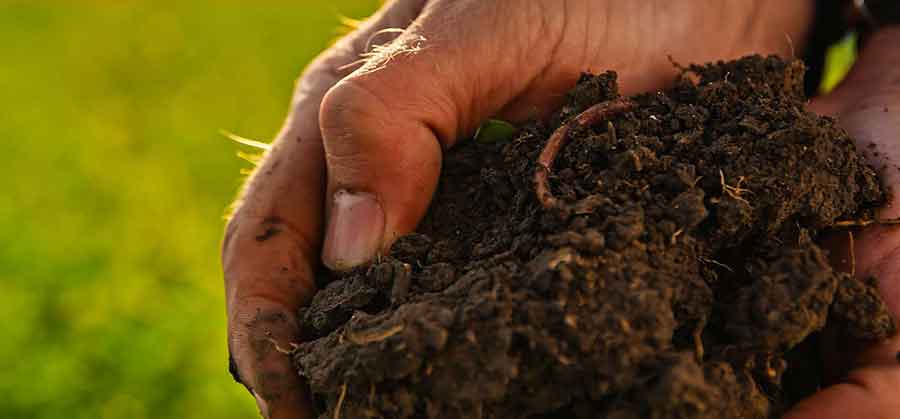Reducing Phosphorous Without Hurting Yields
Phosphorus is essential to plant growth, just as important as nitrogen and potassium. But when phosphorus levels in the soil get too high, especially in surface-applied manure-heavy systems, it becomes more of a liability than an asset. It is a growing environmental concern due to runoff risks, and as farmers, we’re being asked: Can we lower soil phosphorous levels without sacrificing yield?
The short answer is yes – but it takes a smarter, systems-based approach. And that’s exactly where Bio-Cal has shown to play a powerful role.
Why Soil Type and pH Matter for Phosphorus
One of the biggest challenges with phosphorus management, especially in high-clay, high-magnesium soils – is that P doesn’t stay available. It’s highly reactive, which means it easily bonds with other elements in the soil like iron, aluminum, or calcium, depending on your pH. And once that happens, it’s no longer accessible to your crop.
Here’s the breakdown:
- Below pH 6.5, phosphorous binds tightly with iron and aluminum
- Above pH 7.5, it starts locking up with calcium
- In both cases, you may have plenty of phosphorus in the soil, but your crops can’t access it.
That’s why maintaining an ideal pH – not too low, not too high, is critical. But there’s more to the story than just hitting a number
How Bio-Cal Has Proven Results
Bio-Cal does more than supply calcium. Bio-Cal improves soil structure, boosts biological activity, and helps buffer pH into that ideal rang (generally around 6.8 to 7.2 for most row crops). In the process, it helps:
- Create a healthier soil environment for microbes and mycorrhizal fungi, which extend the effective root zone for P uptake.
- Support better nutrient cycling and root access.
- Bio-Cal improves soil structure, reducing compaction and encouraging deeper root growth. That means better water infiltration, less erosion, and less phosphorus runoff.
- It supports better microbial activity, which is crucial for unlocking bond phosphorous and cycling it efficiently though the soil profile.
- Bio-Cal’s high solubility means the calcium gets to work quickly – freeing up tied-up nutrients like phosphorus, especially in tight or acidic soils.
In short, Bio-Cal makes the phosphorous you already have more available – without applying more.
If you are working with tight, heavy, or acidic soil that hold onto nutrients instead of releasing them, Bio-Cal can help change that equation. It’s not just about feeding the plant – it’s about improving the soil so the nutrients you’ve invested in actually make it to the crop.
Customer Testimonial
As Rhodes Ag, a 30-year customer with MBA stated, “My neighbors have had issues with hard ground, and not being able to get into the fields with machinery, but I never had that issue since using Bio-Cal. Over the years my soil has increased, my yields have gone up, and moisture has been absorbed better.”
Contact a local representative today: https://midwesternbioag.com/contact/

